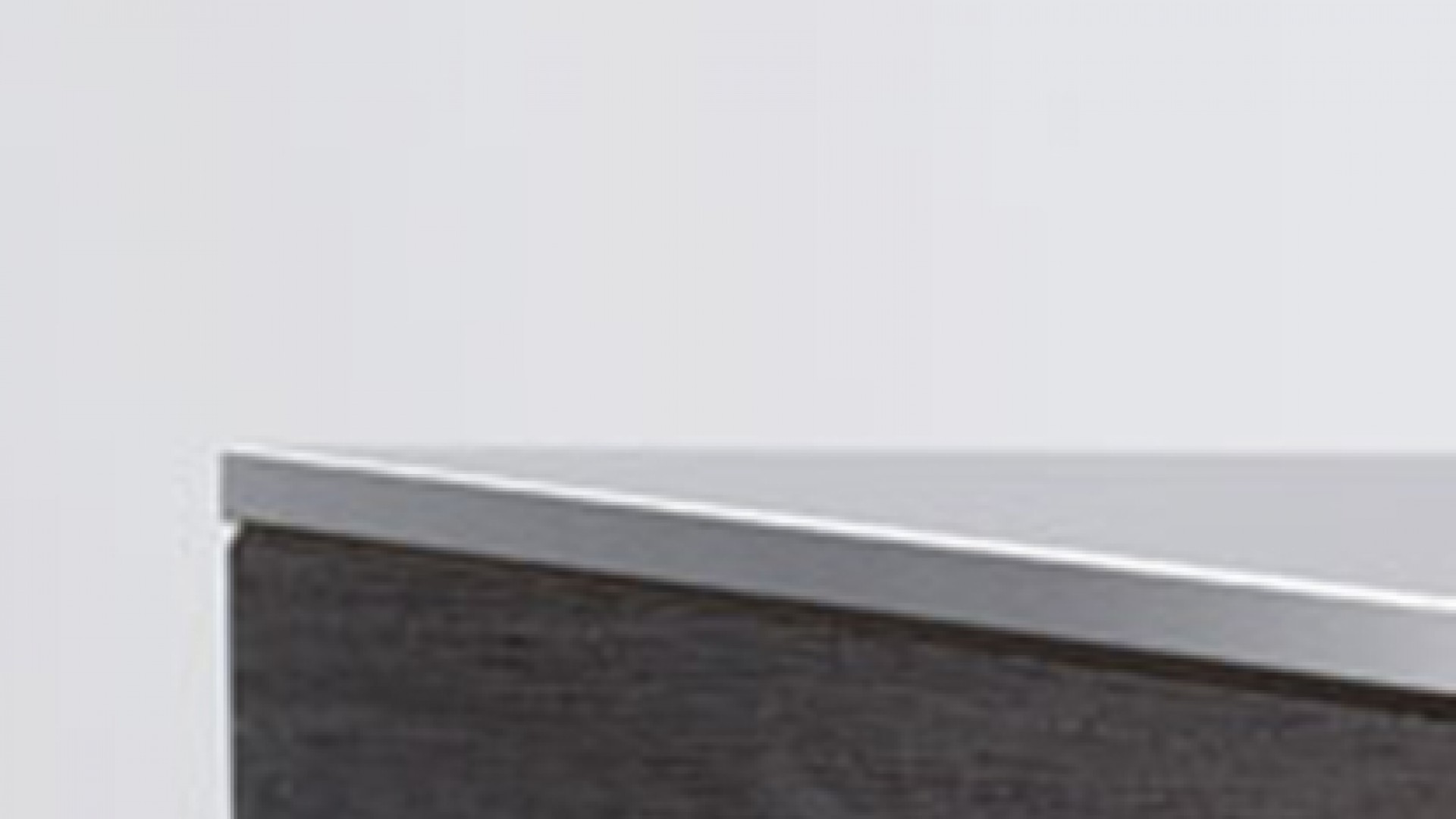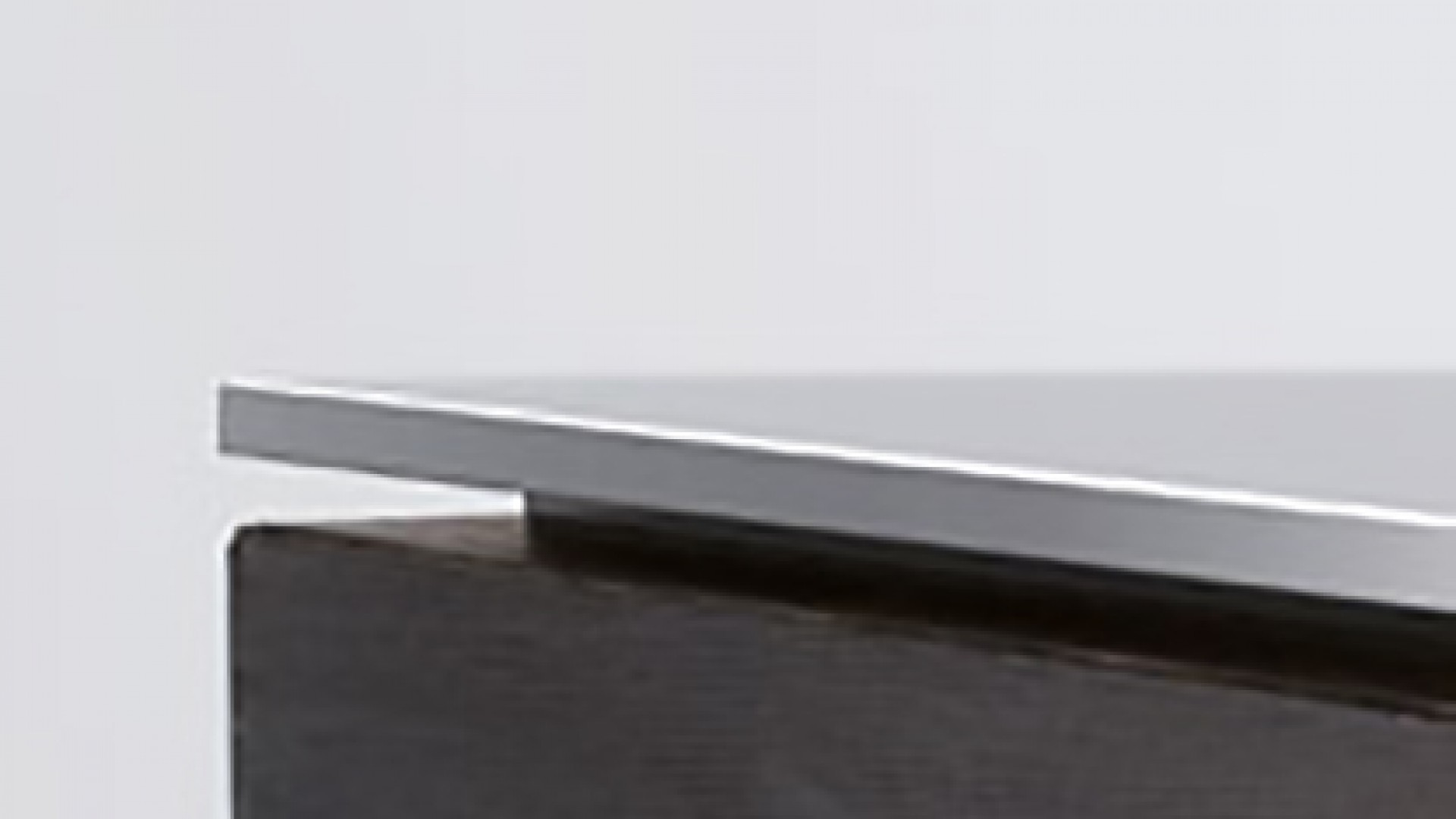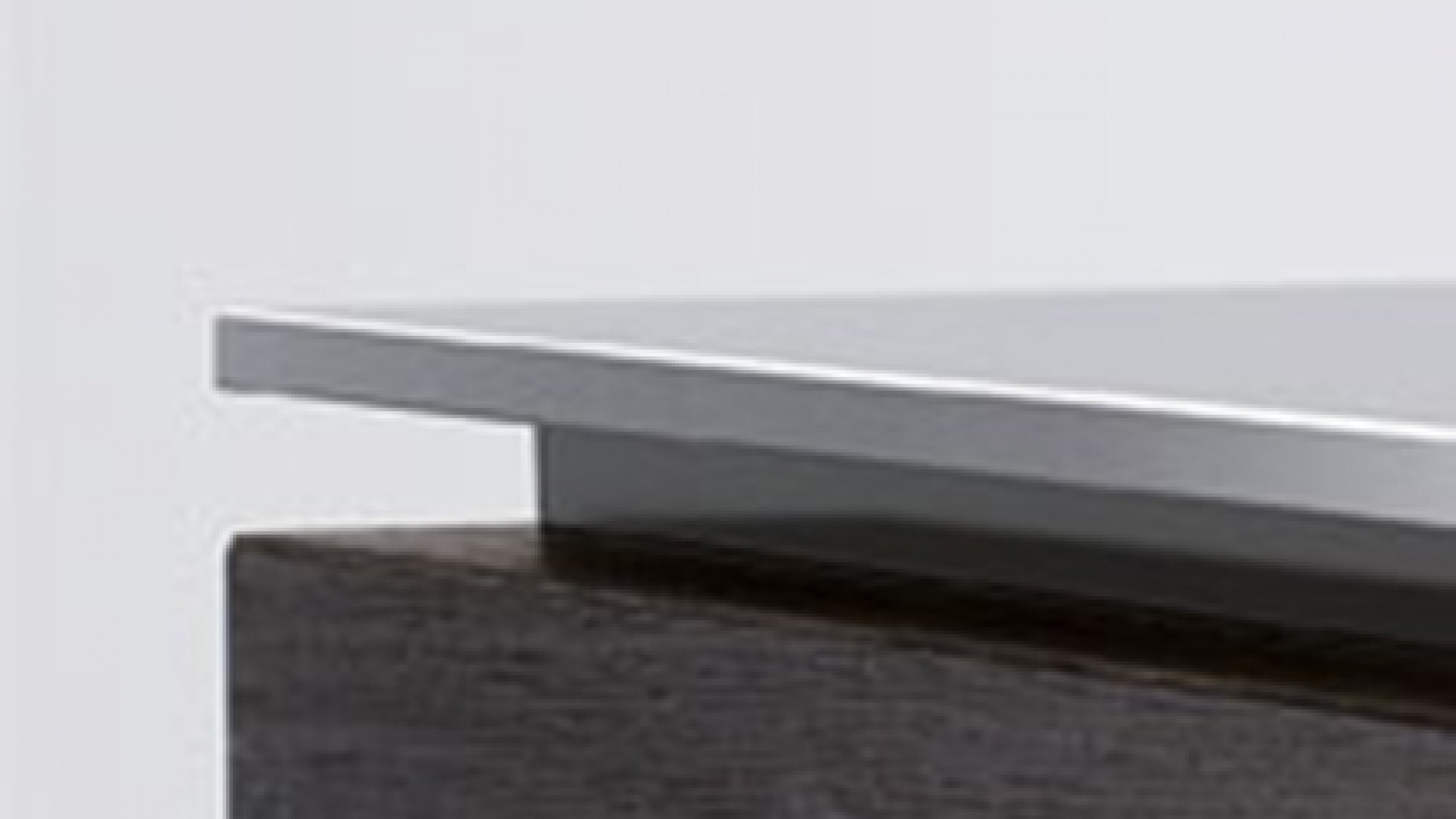Cleaning tips
The stainless steel surface has a natural protective mechanism. On clean surfaces, a protective film forms together with atmospheric oxygen through oxidation.
The correct cleaning of stainless steel surfaces activates the steel's own properties. The protective oxidation can only occur on evenly clean surfaces. Malfunctions occur due to dirt residues, which also include limescale deposits. The "malfunction" of the natural stainless steel behaviour can lead to the formation of so-called flash rust. It settles superficially at first, but can lead to substantial corrosion if not removed.
For cleaning, we recommend baking soda, grease-dissolving washing-up liquid, vinegar thinner and sodium carbonate, also known as household soda.
Baking soda and baking powder serve as concentrated stain removers from coffee or tea.
Grease-dissolving washing-up liquid can be used as an all-purpose cleaner. A soft lint-free cloth is used to "soap" the surfaces.
For limescale stains, a dilution of vinegar in a ratio of about one part vinegar to three parts water will help. The general rule for stainless steel surfaces is that acute soiling should be wiped off immediately.
Regular drying reduces the formation of limescale stains.



